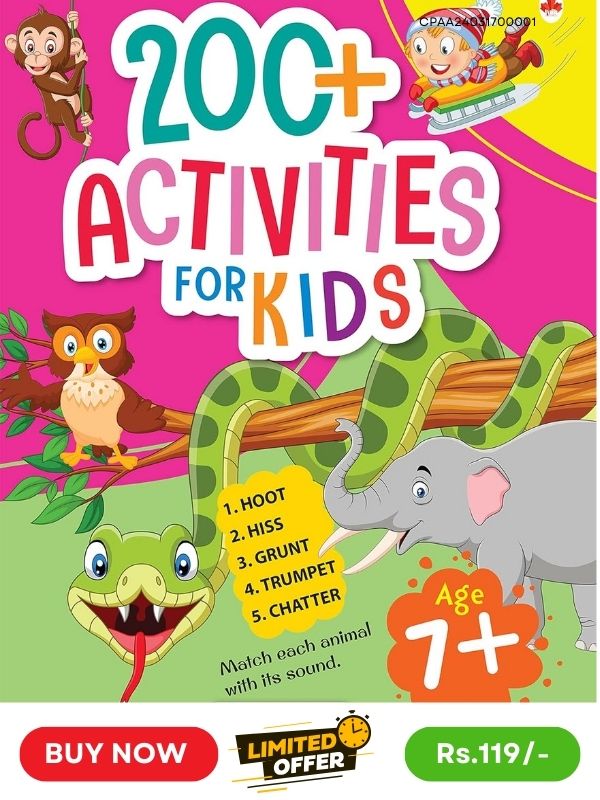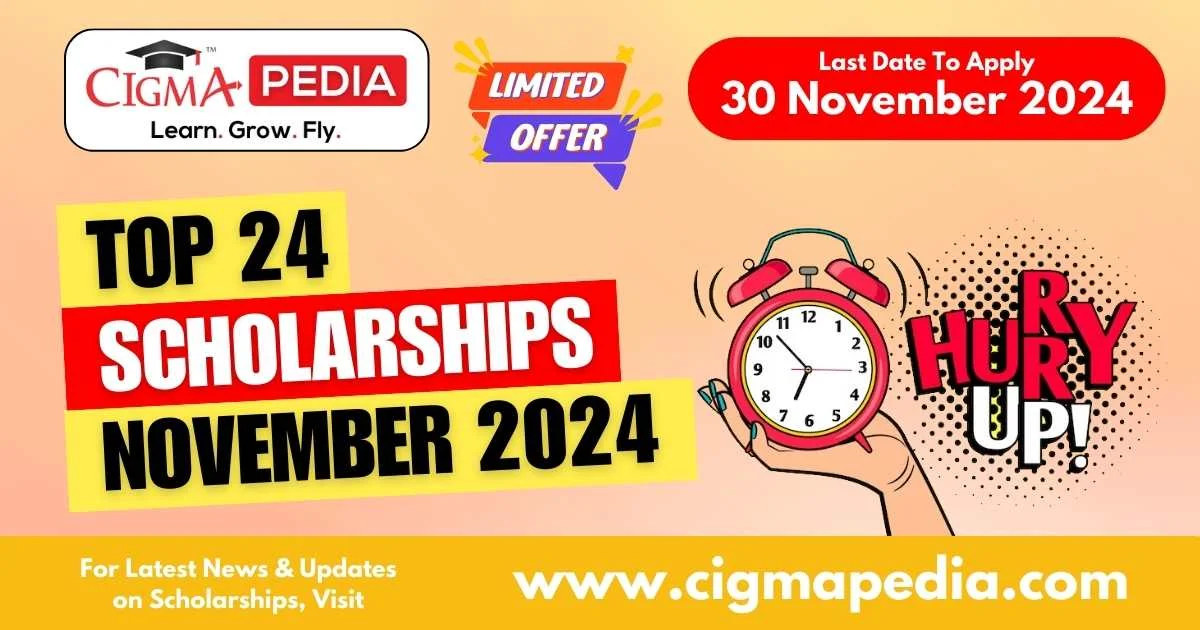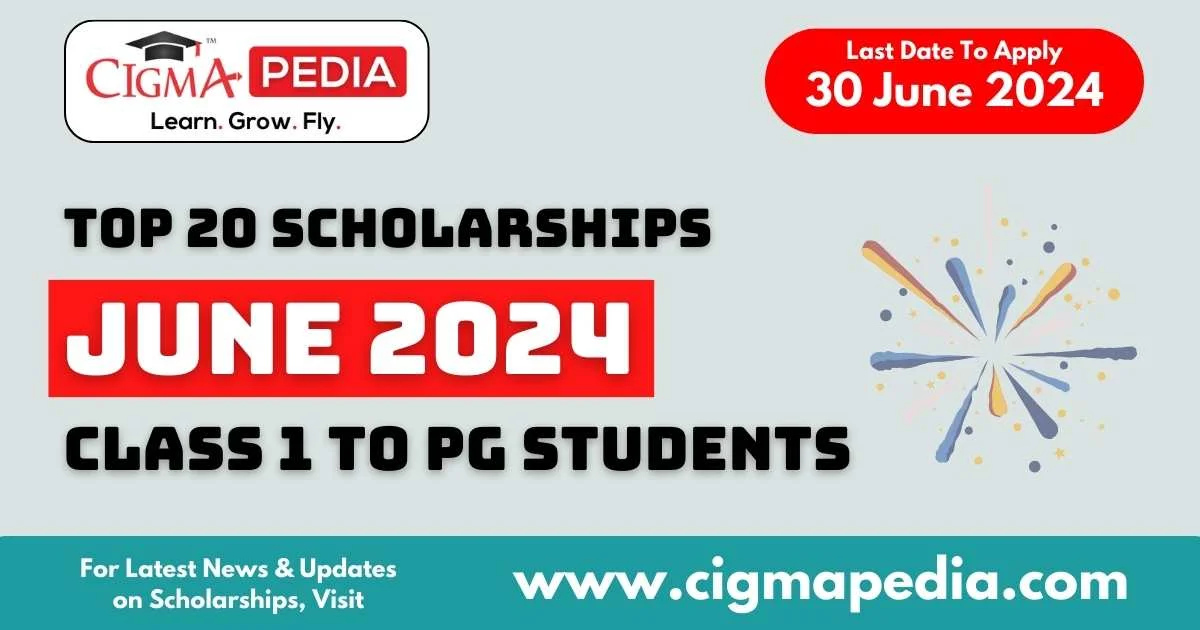Career Definitions – EDUCATIONS
[ads2]
ADULT EDUCATIONS (DIP / DEG)
In the EDUCATIONS broadest sense, any kind of formal learning undertaken by or provided for mature men and women, but more strictly, those areas of such learning that do not include programmes leading towards degrees from established college and universities.Adult education programmes sometimes called extension services are offered by colleges and universities but are not ordinarily included within the meaning of higher education.
AUDIO VISUAL EDUCATIONS (DEG)
Use of supplementary teaching aids for the improvement of learning .Materials commonly considered audio-visual include objects and models, diagrams, charts, graphs, cartoons and posters, maps and globes, pictures, slides and other projected transparencies, filmstrips (slide films and sound slide films) recordings, transcription and tapes, motion pictures (silent and sound), radio and television.
CHILD EDUCATION (DIP / DEG / PGDIP)
A curriculum in which the entire school program revolves around the child.
EDUCATION (DIP / DEG / PG DIP)
The systematic instruction, schooling or training of children or young people by extension, instruction obtained in adult life, the whole course of such instruction received by a person is called Education.
EDUCATION (DEAF) (DEG)
Education given to hearing impaired.Special education in special schools is given to such handicapped students.
EDUCATION PHYSICALLY HANDICAPPED (PG DIP)
Education given to physically handicapped, called as special education.
EDUCATIONS – DISTANCE (CORRESPONDENCE) (DIP / PGDIP / PG)
Method of providing education for non-residential students, primarily adults who receive lessons & exercises through the mail and upon completion, return them for grading.
EDUCATIONS NON – FORMAL (DEG / PG)
Any training or education that is not conventional, not given in an orderly, logical, planned, and systematic manner. Education which is not class – oriented.
EDUCATIONAL & VOCATIONAL GUIDANCE (DIP)
Instruction intended to equip persons for industrial or commercial occupations.It may be obtained either formally in trade schools, technical secondary schools or in on-the-job training programs, or more informally by picking up the necessary skills on the job without actual supervision.
EDUCATIONAL ADMINISTRATION (PG)
Supervision, organization and operation of instructional activities & personnel in higher education usually headed by a chief academic administrator, such as Dean of faculties, Principal of School or College.
EXTENSION EDUCATIONS (PG / Ph.D)
In the broadest sense, any kind of formal learning undertaken by or provided for mature men and women, but more strictly, those areas of such learning that do not include programmers leading towards degrees from established college and universities.Adult education programmers sometimes called extension services are offered by colleges and universities but are not ordinarily included within the meaning of higher education.
FUTUROLOGY (M.Phil)
The systematic forecasting of future.Especially by the study of present friends in society .The interdisciplinary study of forecasting.
GUIDANCE & COUNSELLING (DIP / PGDIP)
Counsellors help people evaluate their interest & abilities, advise & assist them in them in personal, social, educational & career problems.Their duties depend on the individuals they serve and the settings in which they work, such as school & college counsellors, rehabilitation counsellors & mental health counsellors.
NURSERY- TEACHERS TRAINING (DIP / PG / PGDIP)
The training of teachers through special schools or curricula.It covers the training of teachers for work in pre-primary and primary schools.
PRE-PRIMARY EDUCATIONS (K.G) (PG DIP)
The education of young children beginning in infancy and ending upon entry into primary school at the age of five, six or seven.Kindergarten and elementary school teachers play a vital role in the development of children.What is learned and experienced in the during the early years can shape children’s views of themselves and the world and effect later success or failure in school or work.
PRE – SCHOOL EDUCATIONS (DEG) (PG DIP)
The education of young children in nursery schools.The teacher should guide and direct activities for 3 – 5 years old children enrolled in nursery schools.
PRE – SCHOOL TEACHER TRAINING (CER)
The training of teachers through special schools or curricula.It covers the training of teachers for work in pre-schools.
SECONDARY GRADE TEACHER TRAINING (DIP)
Training of teachers to prepare them to work in Secondary Grade school.The training may specalise in specific subjects at Secondary Grade school level.
SPECIAL EDUCATIONS (DEG / PG)
A field of education that provides specially designed instruction to meet the needs of exceptional students.The term specially trained may refer to any or all of four services.1. Institution by specially trained educators. 2. Special curricular context. 3. Special methodology. 4. Special instructional materials (teaching aids).
TEACHING (DEG / PG / PG DIP)
An instructional process that is recurrent, applicable to more than one subject area, and sufficiently general to be usable by numerous teachers.Teaching methods include lecture, through discussion & through tutorials.Most recently developed method include instructional television and computer assisted instruction.
VOCATIONAL REHABILITATION & COUNSELLING (DIP)
Career counselling, the formal process through which an individual makes informed vocational decisions. Vocational counselling may be included, formally on information , in a school curriculum (career education, regular school curriculum, vocational education).A formal program of testing (i.e personality, psychological, vocational interest, skill and aptitude tests) are normally made parts of vocational counselling process.Vocational rehabilitation : The training for employment of an individual who is physically and/or mentally handicapped.Vocational rehabilitation may include diagnostic service, counselling, occupational and physical therapy, psychological services, training for specific occupation, levels & equipment’s, job placement, some financial support, tuition for college or technical school, supervision, transportation, and/or services aimed at specific handicaps (eg. readers for the blind, sign language specialist).
WOMEN’S STUDIES (PG)
Women’s studies is the intellectual and research arm of the women’s movement.Women’s studies aims to transform all areas of education including curriculum research, writing and teaching and to prepare women to change.Women’s studies refers to a body of literature that embodies various women’s issues and concerns for women’s equality and development.It seeks to find the explanations and the factors, the historical evolution and the present state of women’s position.It strives to find remedies for unequal position of women and to improve them.
ADULT EDUCATIONS (DIP)
In the broadest sense, any kind of formal learning undertaken by or provided for mature men and women, but more strictly, those areas of such learning that do not include programmes leading towards degrees from established college and universities.Adult education programmes sometimes called extension services are offered by colleges and universities but are not ordinarily included within the meaning of higher education.
CHILD EDUCATIONS (DIP)
A curriculum in which the entire school program revolves around the child.
CRECHE & PRE – SCHOOL MANAGEMENT (VOC)
Training to take care of children who are left in creche with both parents to go for work.Teach pre-school pupils basic physical, metal and developmental skills.
EDUCATION DISTANCE (CORRESPONDENCE) (DIP)
Method of providing education for non-residential students, primarily adults who receive lessons & exercises through the mail and upon completion, return them for grading or correction.
EDUCATIONAL & VOCATIONAL GUIDANCE (DIP)
Instruction intended to equip persons for industrial or commercial occupations.It may be obtained either formally in trade schools, technical secondary schools or in on-the-job training programmers, or more informally by picking up the necessary skills on the job without actual supervision.
GUIDANCE & COUNSELLING (DIP)
Counsellors help people evaluate their interest & abilities, advise & assist them in them in personal, social, educational & career problems.Their duties depend on the individuals they serve and the settings in which they work, such as school & college counsellors, rehabilitation counsellors & mental health counsellors.
NURSERY TEACHERS TRAINING (CER / DIP)
The training of teachers through special schools or curricula.It covers the training of teachers to work in nursery schools.
PRE – SCHOOL EDUCATIONS
The teacher should guide and direct the activities for three to four years old children enrolled in nursery schools.Teach pre-school pupils basic mental, physical and developmental skills.
PRE – SCHOOL TEACHER TRAINING (CER)
The training of teachers through special schools or curricula.It covers the training of teachers for work in primary and secondary schools.
SECONDARY GRADE TEACHER TRAINING (DIP)
Training of teachers to prepare them to work in Secondary Grade school.The training may specalise in specific subjects at Secondary Grade school level.
VOCATIONAL REHABILITATION & COUNSELLING (DIP)
Vocational rehabilitation refers to the training for employment of an individual who is physically and/or mentally handicapped.Vocational rehabilitation may include diagnostic service, counselling, occupational and physical therapy, psychological services, training for specific occupations, levels and equipments, job placement, some financial support for college or for a technical school, supervision, transportation, and/or services aimed at specific handicaps eg. Readers for the blind, sign language specalists).
Career counselling refers to the formal process through which an individual makes informal vocational decisions.Vocational counselling may be included , formally, in a school curriculum (career education, regular school curriculum, vocational education).A formal program of testing (i.e personality, psychological, vocational interest, skill and aptitude) are normally made part of the vocational counselling process.





